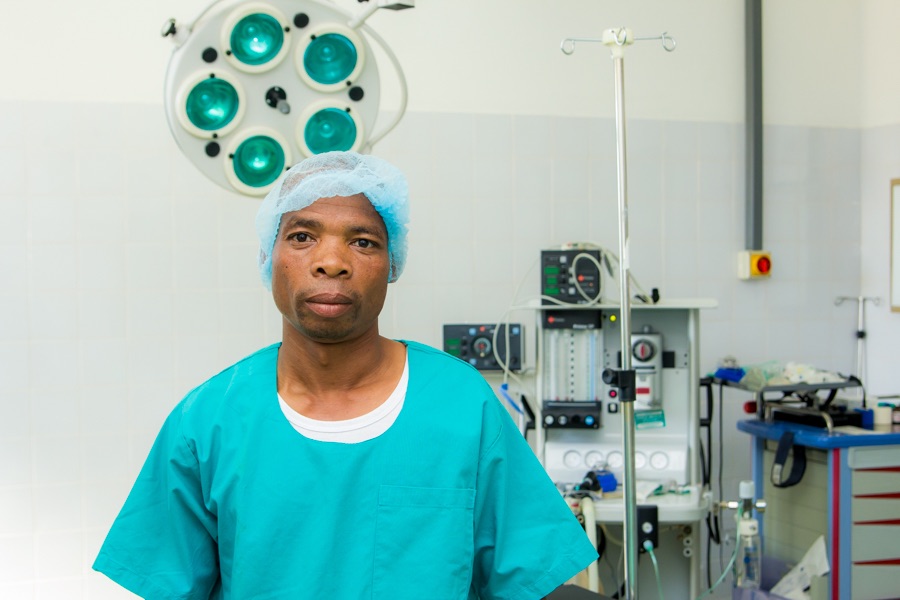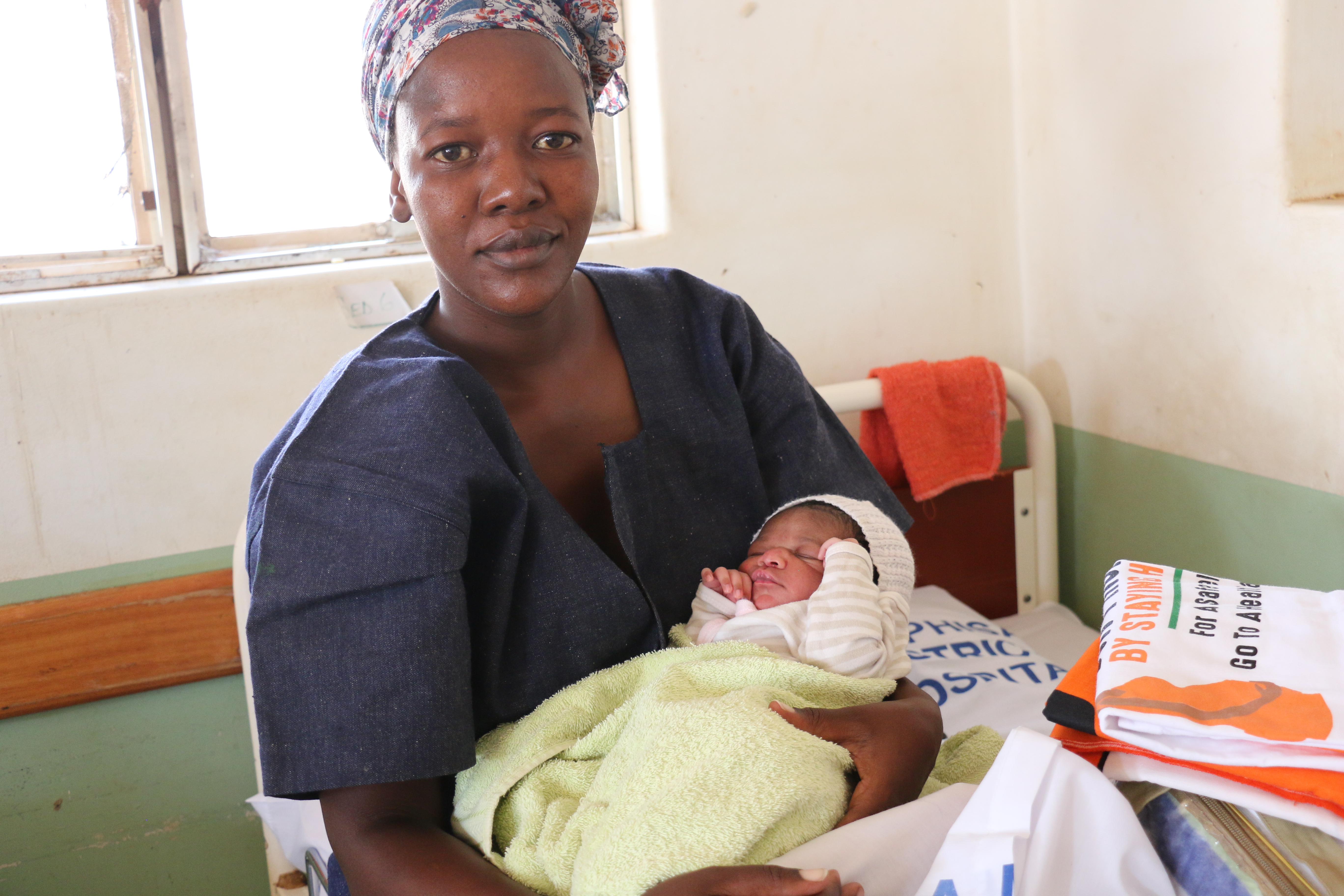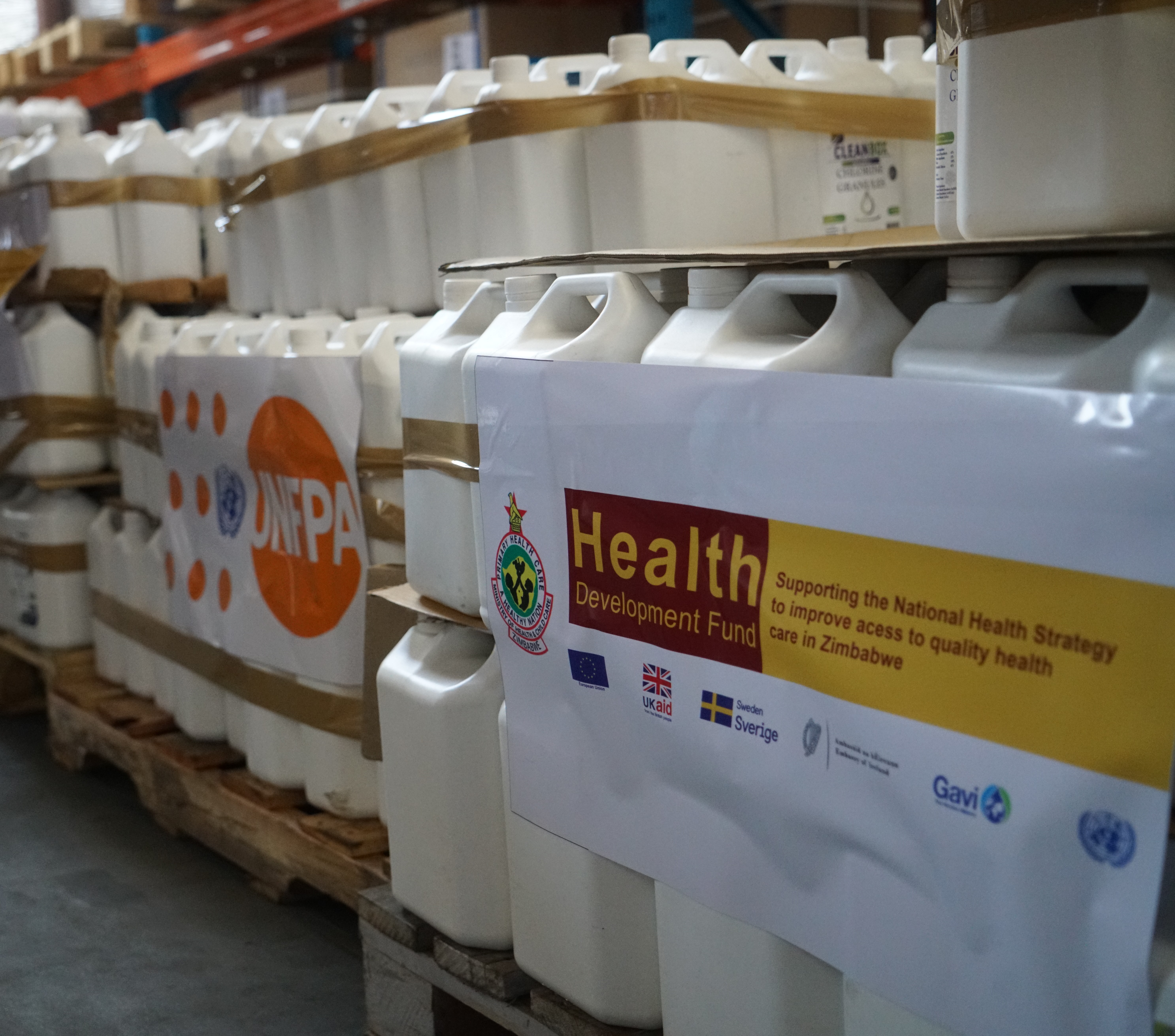Harare,, Zimbabwe, 15 July, 2022 - The United Nations Population Fund and the Ministry of Health and Child Care with support from the Health Development Fund (HDF) is developing an E-Learning platform for all nurse and midwifery training institutions in Zimbabwe. The advancement of technology platforms and internet availability has created opportunities for educationists to harness Information Communication Technologies (ICTs) for the improvement of education services. It is envisaged that the development of the E-Learning Platform will ensure among other things standardization of all learning content for all nursing and midwifery schools in Zimbabwe, enhance access to learning content by students through web and mobile platforms and enhance research and collaborations among students and tutors.
The current Covid-19 pandemic with its requirement of decreased physical contact has made the need for effective technology driven learning systems more urgent.
“With COVID-19 pandemic it was very difficult to ensure continuity of nursing and midwifery education,” said the Deputy Director Nurse Training, Education in the Ministry of Health and Child Care Dr. Lilian Getrude Dodzo. “By introducing the E-Learning platform we will ensure that in the future when we have other pandemics or any other disruptions we will ensure continuity of nursing and midwifery training. UNFPA has procured the platform and licence and we are in the process of developing the content for the platform.”

The support to develop the E-Learning platform is part of the interventions being implemented under the Health Development Fund which is supported by the Governments of Britain, Ireland, Sweden and the European Union. This is to support efforts to end maternal deaths by investing in midwives. Although there are signs of decline in maternal deaths the number of women dying while giving life remains unacceptably high in the country with an estimated 6 deaths every day.
Well trained and regulated midwives in an enabling environment can deliver about 90% of essential Sexual, Reproductive, Maternal, New-born and Adolescent Health (SRMNAH) interventions and avert about two thirds of all maternal and new-born deaths. Skilled care before, during and after childbirth saves the lives of women and new-borns. Because of their role in pre-pregnancy, delivery and post-delivery care including management of complications of pregnancies midwives significantly contribute to the reduction in maternal mortality.
UNFPA with the support of the HDF partners has been working together with the government and other partners to help develop a well-trained, competent midwifery workforce. As part of human resources for health, UNFPA promotes midwifery education, training and supports advocacy for stronger workplace policies. The development of the E-learning platform is one of many interventions towards zero maternal deaths.

In other efforts to strengthen the role of midwives in Zimbabwe UNFPA has under the HDF supported the creation of an enabling environment for Midwives to offer quality sexual, reproductive, maternal, new-born and adolescent health care and skills enhancement through a competency based curriculum. Technical support was provided in the review of the midwifery curriculum to align it with the International Confederation of Midwives standards.
UNFPA also works with professional legislation bodies such as the Nurses Council of Zimbabwe to ensure that regulatory systems are in place. The health facilities’ readiness and capacity to provide quality midwifery services are being strengthened by supporting with equipment and reproductive health commodities, including lifesaving medicines and contraceptives. Support has also been in emergency and humanitarian situations including for Covid 19 and Cyclone Idai.
The schools of midwifery were supported with training material including mannequins or simulators and capacity building of the educators in Emergency Obstetric and Neonatal Care, Adolescent Sexual Reproductive Health and Gender Based Violence.
“We are grateful for the support provided under the HDF which has been critical in efforts to end maternal deaths,” said UNFPA Country Representative Dr. Esther Muia. “We are hopeful that the investment in the development and implementation of this E-learning platform will help strengthen midwifery training which will produce knowledgeable and skilled midwives that can help end maternal deaths.”
The United Nations Population Fund and the Ministry of Health and Child Care with support from the Health Development Fund (HDF) is developing an E-Learning platform for all nurse and midwifery training institutions in Zimbabwe.
The advancement of technology platforms and internet availability has created opportunities for educationists to harness Information Communication Technologies (ICTs) for the improvement of education services.
It is envisaged that the development of the E-Learning Platform will ensure among other things standardization of all learning content for all nursing and midwifery schools in Zimbabwe, enhance access to learning content by students through web and mobile platforms and enhance research and collaborations among students and tutors. The current Covid-19 pandemic with its requirement of decreased physical contact has made the need for effective technology driven learning systems more urgent.
“With COVID-19 pandemic it was very difficult to ensure continuity of nursing and midwifery education,” said the Deputy Director Nurse Training, Education in the Ministry of Health and Child Care Dr. Lilian Getrude Dodzo. “By introducing the E-Learning platform we will ensure that in the future when we have other pandemics or any other disruptions we will ensure continuity of nursing and midwifery training. UNFPA has procured the platform and licence and we are in the process of developing the content for the platform.”

The support to develop the E-Learning platform is part of the interventions being implemented under the Health Development Fund which is supported by the Governments of Britain, Ireland, Sweden and the European Union. This is to support efforts to end maternal deaths by investing in midwives. Although there are signs of decline in maternal deaths the number of women dying while giving life remains unacceptably high in the country with an estimated 6 deaths every day.
Well trained and regulated midwives in an enabling environment can deliver about 90% of essential Sexual, Reproductive, Maternal, New-born and Adolescent Health (SRMNAH) interventions and avert about two thirds of all maternal and new-born deaths. Skilled care before, during and after childbirth saves the lives of women and new-borns. Because of their role in pre-pregnancy, delivery and post-delivery care including management of complications of pregnancies midwives significantly contribute to the reduction in maternal mortality.
UNFPA with the support of the HDF partners has been working together with the government and other partners to help develop a well-trained, competent midwifery workforce. As part of human resources for health, UNFPA promotes midwifery education, training and supports advocacy for stronger workplace policies. The development of the E-learning platform is one of many interventions towards zero maternal deaths.
In other efforts to strengthen the role of midwives in Zimbabwe UNFPA has under the HDF supported the creation of an enabling environment for Midwives to offer quality sexual, reproductive, maternal, new-born and adolescent health care and skills enhancement through a competency based curriculum. Technical support was provided in the review of the midwifery curriculum to align it with the International Confederation of Midwives standards.

UNFPA also works with professional legislation bodies such as the Nurses Council of Zimbabwe to ensure that regulatory systems are in place. The health facilities’ readiness and capacity to provide quality midwifery services are being strengthened by supporting with equipment and reproductive health commodities, including lifesaving medicines and contraceptives. Support has also been in emergency and humanitarian situations including for Covid 19 and Cyclone Idai.
The schools of midwifery were supported with training material including mannequins or simulators and capacity building of the educators in Emergency Obstetric and Neonatal Care, Adolescent Sexual Reproductive Health and Gender Based Violence.
“We are grateful for the support provided under the HDF which has been critical in efforts to end maternal deaths,” said UNFPA Country Representative Dr. Esther Muia. “We are hopeful that the investment in the development and implementation of this E-learning platform will help strengthen midwifery training which will produce knowledgeable and skilled midwives that can help end maternal deaths."
By Bertha Shoko



